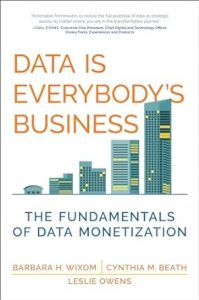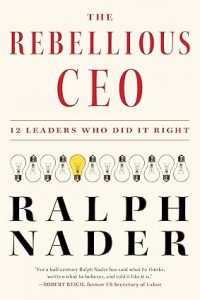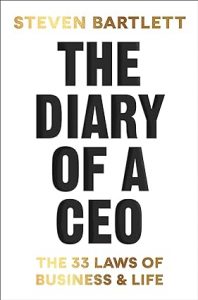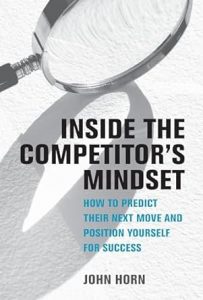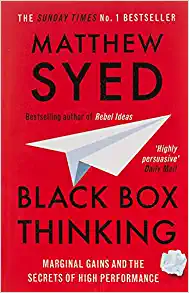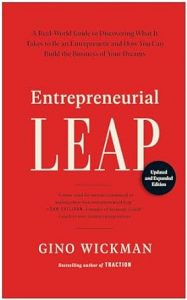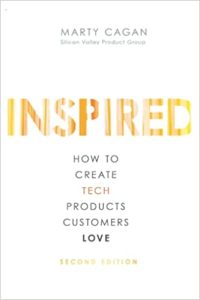Data Is Everybody’s Business
₦35,000.00A clear, engaging, evidence-based guide to monetizing data, for everyone from employee to board member.
Most organizations view data monetization—converting data into money—too narrowly: as merely selling data sets. But data monetization is a core business activity for both commercial and noncommercial organizations, and, within organizations, it’s critical to have wide-ranging support for this pursuit. In Data Is Everybody’s Business, the authors offer a clear and engaging way for people across the entire organization to understand data monetization and make it happen. The authors identify three viable ways to convert data into money—improving work with data, wrapping products with data, and selling information offerings—and explain when to pursue each and how to succeed.
Key features of the book:
• Grounded in twenty-eight years of academic research,including nine years of research at the MIT Sloan Center for Information Systems Research (MIT CISR)
• Definitions of key terms, self-reflection questions, appealing graphics, and easy-to-use frameworks
• Rich with detailed case studies
• Supplemented by free MIT CISR website resources (cisr.mit.edu)
Ideal for organizations engaged in data literacy training, data-driven transformation, or digital transformation, Data Is Everybody’s Business is the essential guide for helping everybody in the organization—not just the data specialists—understand, get excited about, and participate in data monetization.

